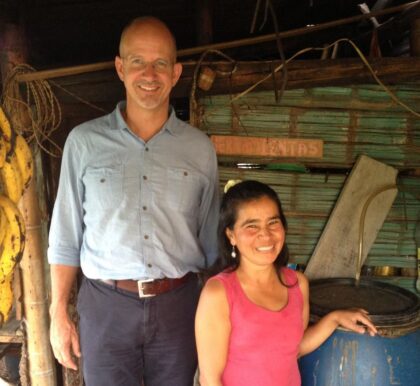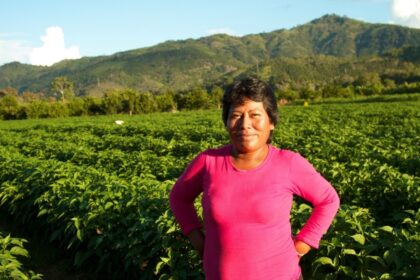Publications
Agriculture is the single largest employer among developing countries, and the artisan sector is the second. The families whose livelihoods are dependent on farming are often the same families who earn income from selling handcrafted products and artwork in the off-season.
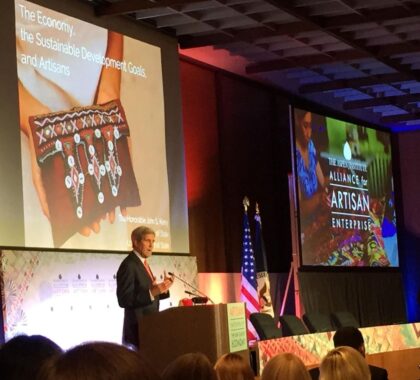
Too often, data collection for impact evaluations, regardless of the intent, feels extractive to the research participants. The purpose of this working paper is to advance conversations and collaborations about how to create value for disadvantaged populations through the very act of evaluating the impact of programs and services on those populations.
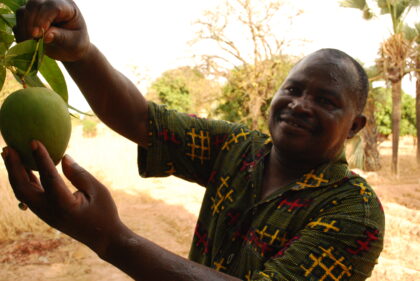
Root Capital’s Women in Agriculture Initiative (WAI) seeks to promote greater economic opportunity for women by supporting small and growing businesses with access to credit and financial training and by promoting gender-inclusive practices. In 2014, we extended the reach of our financial products and services, increasing the number of gender-inclusive clients in Africa and Latin America.
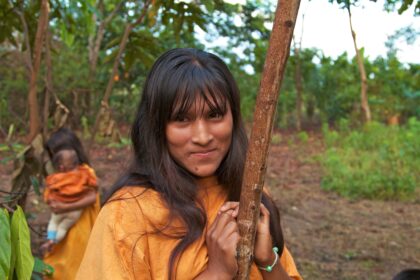
An estimated 75 percent of Rwanda’s 12 million people live in rural areas, and a majority of them are subsistence farmers. These hardworking men and women cultivate small plots of land to meet their own food needs and, when possible, sell surpluses to earn income. For them and for their country, most opportunities for a better future originate in the soil.
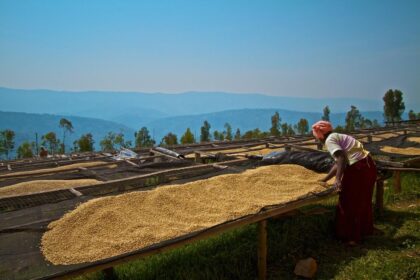
Drawing from findings from four individual studies of coffee cooperatives in Guatemala, this "cluster study" explores whether Root Capital’s financing and training enable our clients to increase their impacts—and if so, to what extent.
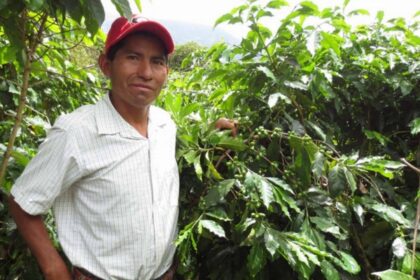
Tziscao aggregates and markets organic- and fair trade–certified coffee from 485 farmers in the southern Mexican state of Chiapas. With this impact study, we seek to understand both the cooperative’s likely impacts on its members and of Root Capital’s impact on the cooperative, with regards to both farmer livelihoods and environmental performance.
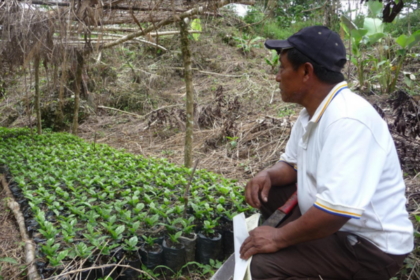
The complexity of the coffee rust crisis requires tight integration across government, business, international development and the finance sector. To that end, my organization, Root Capital, has launched the Coffee Farmer Resilience Initiative (CFRI), a multifaceted and collaborative venture that channels investment to coffee farmers at the base of the value chain.
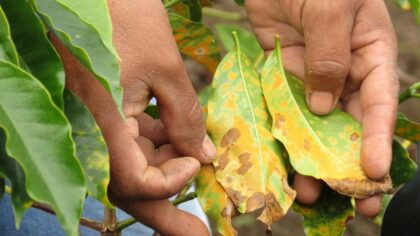
Despite countless tragedies, Colombia's long-conflicted coffee lands have recently transformed in ways that are driving hope, optimism, and improved livelihoods farther into the countryside than ever before. In fact, many farmer cooperatives in the region are confronting and managing through issues like coffee leaf rust disease on their own terms and are leading a veritable revolution in crop quality.
